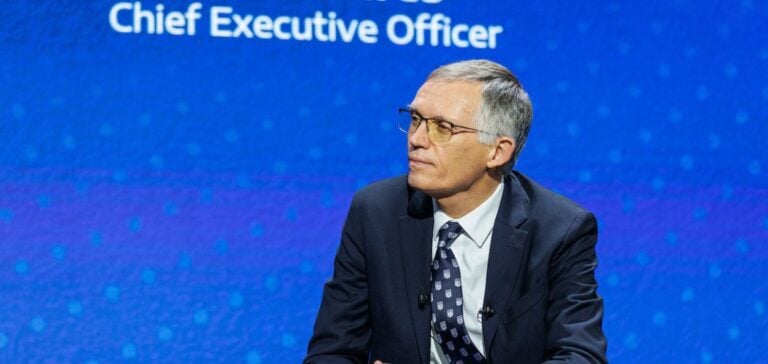Stellantis CEO Carlos Tavares has expressed his concern at the European Union’s recent decision to increase tariffs on Chinese electric vehicle imports by up to 38%. This announcement, which came on Wednesday, provoked reactions in the automotive sector, particularly from Stellantis, which, in partnership with Leapmotor, plans to launch its first electric cars in Europe in September. The Stellantis group has also stepped up its investments in the electric vehicle battery sector.
At a conference in Auburn Hills, Michigan, Tavares stressed the importance of regulatory stability to enable companies to adapt and innovate. “We’re here to provide clean, safe and cheap mobility. If you give me stability, I’ll find the solutions you think are good for society,” he said, addressing his message to European and American decision-makers.
Impact on battery projects in Europe
Carlos Tavares also discussed the impact of this instability on battery production projects in Europe. Stellantis, through its ACC joint venture with Mercedes and TotalEnergies, has suspended plans for battery plants in Germany and Italy. The reason given is the uncertainty surrounding the regulation of electric vehicles in Europe. “There’s a lot of tension about what to do with electric cars. Some are for it, others are against it”, he stressed.
By analyzing sales figures for electric vehicles in Europe, Tavares has highlighted significant disparities. In Italy, only 2% of sales are of electric vehicles, compared with 40% in Scandinavia and 15% in Portugal and France. These variations have a direct impact on Stellantis’ production decisions, as the company is reluctant to invest in battery plants in markets where demand is low.
Economic and strategic consequences
Brussels’ decision to raise tariffs is seen as an attempt to protect the European automotive industry from Chinese competition. However, for companies like Stellantis, this decision creates uncertainty that complicates strategic planning and investment. Tavares deplored the lack of an impact study on banning the sale of non-electric vehicles in 2035 in Europe, stressing that such crucial decisions require in-depth analysis to avoid negative economic consequences.
Carlos Tavares’ position illustrates the challenges facing automakers in an ever-changing regulatory environment. For Tavares, the key lies in stable regulations, enabling companies to adapt effectively and contribute to the transition to more sustainable mobility.
The current situation underlines the importance of constructive dialogue between political decision-makers and industrial players to ensure a balanced and sustainable energy transition.






















